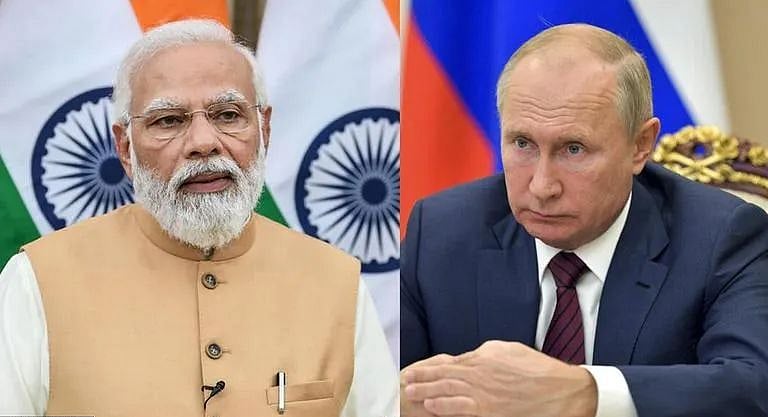The brutal terrorist attack at Pahalgam in Kashmir on April 22, which claimed 26 innocent lives, drew widespread international condemnation. Among the responses, Russia’s unequivocal support stood out. In a rare gesture of solidarity, President Vladimir Putin personally called Prime Minister Narendra Modi on Monday, describing the incident as “barbaric” and urging that the perpetrators be brought to justice. Japan, too, lent its voice, with defence minister Gen Nakatani assuring his Indian counterpart, Rajnath Singh, of firm support in the fight against terrorism while on a visit to New Delhi. These expressions of solidarity are significant, particularly at a time when Pakistan continues to provoke India through repeated ceasefire violations along the Line of Control. India has responded with restraint but is also preparing itself through mock drills and deployment of defensive systems to face any eventuality. In such a tense environment, diplomatic backing from global powers carries strategic weight.
India’s historic ties with Russia date back to the Soviet era, when a 25-year Treaty of Friendship and Cooperation was signed by Prime Minister Indira Gandhi and Soviet leader Leonid Brezhnev. That pact proved pivotal during the 1971 war, when the Soviet Union’s veto power in the United Nations Security Council helped shield India from US intervention, particularly when the Seventh Fleet was deployed to the Bay of Bengal. Though Russia today is a diminished power compared to its Soviet predecessor—embroiled in a prolonged and costly war in Ukraine, suffering economic sanctions, and reportedly struggling even to recruit soldiers—its backing still carries diplomatic value. Russia remains a permanent member of the UN Security Council and retains a robust defence industry, much of which is tied to India through long-standing military cooperation.
However, the harsh truth remains that Russia’s ability to influence global outcomes today is limited. Its economy is heavily reliant on clandestine oil sales, including to India, and the prolonged Ukraine conflict has exposed its vulnerabilities. Nonetheless, symbolic and strategic support, especially in multilateral forums, remains useful for India, as it reconciles itself to a hostile neighbourhood. India has wisely chosen not to escalate tensions with Pakistan militarily. Instead, it has taken calibrated steps, including the suspension of water flow from two rivers under the Indus Waters Treaty, a move that could significantly impact Pakistan’s agriculture during the scorching summer months. Yet, Pakistan continues to stoke tensions, with its leaders making veiled nuclear threats, a rhetoric both reckless and self-defeating. As the Sanskrit proverb wisely states, Vinasha Kale, Vipareeta Buddhi—when destruction approaches, wisdom departs. In the face of such provocations, India’s maturity lies in restraint combined with strategic readiness. Diplomatic alliances, even if symbolic, are vital in reinforcing India’s position globally, especially when dealing with an adversary driven by a dangerous mix of desperation and delusion.
